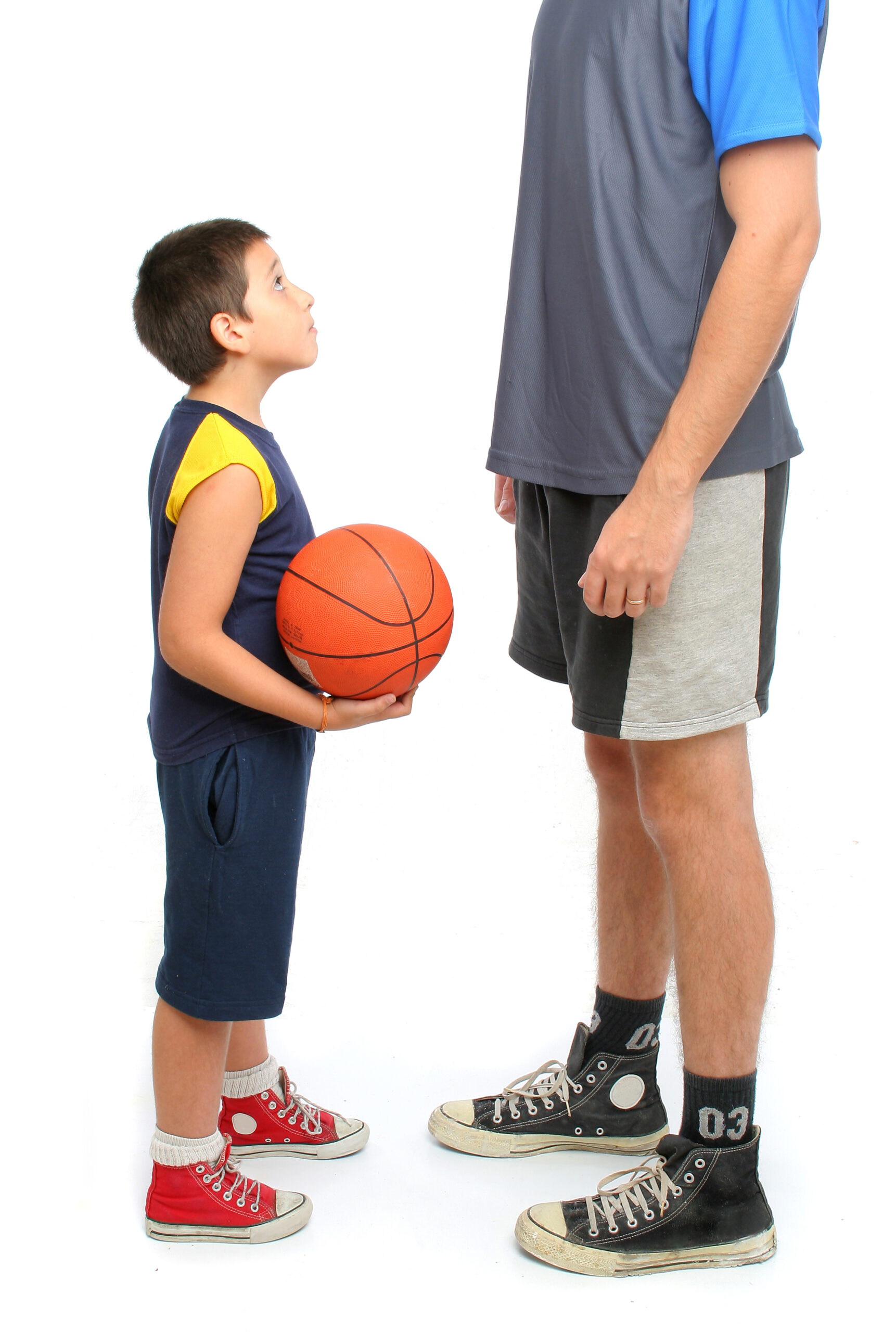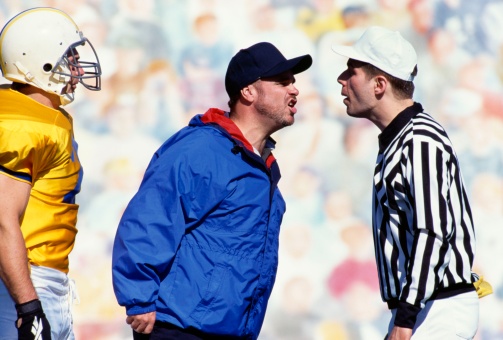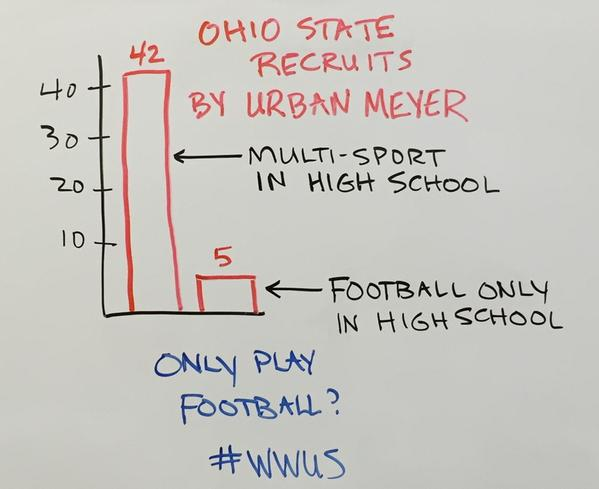I was reading through some of the comments on some old blog posts recently, as they are often enlightening. I came across a few comments, such as:
“Are we supposed to be a competitive club, or have fun?” one coach asked.
“Are we teaching these kids and demanding excellence, or giving everyone a trophy?” another commented.
“Are we going to teach these kids to grow up and earn their playing time, or just let everyone play?” asked a third disgruntled coach about his group of 11 year old “all stars.”
Sound familiar? These are the comments that often appear on our blog posts or social media posts, and somewhat less often get asked publicly at our talks. The problem with these questions is that they are posed as “either/or” scenarios, in which the choice to follow one path immediately precludes us from incorporating elements of the other. This is simply and unequivocally false.
We are stuck in an endless “either/or” cycle in nearly every discussion in this country. Whether we speak about race, poverty, education, politics, and even coaching, “either/or” thinking is stifling healthy discussion and has led to the polarization of our communities. This type of false thinking can be very limiting, and damaging, when it comes to coaching and mentoring our children.
The opposite of “either/or” thinking is “both/and” thinking. We can have high standards, demand excellence, and create a competitive environment, while at the same time treat athletes with respect, given them meaningful playing time, and focus on enjoyment. We don’t just have to choose one thing, we can have them all, if we know where to be firm, and where to be flexible.
Our friend Rodney Scharboneau, a long time coach and author of Our Spiritual Athletic Journey, sent an email the other day sharing some wisdom he had gleaned from leadership expert John Maxwell that highlights the need for coaches to be “both/and,” not “either/or.” Maxwell identifies three areas where leaders need to be firm, and three where we can be flexible. He teaches us how to be a “both/and” coach:
Great coaches need to be firm, and push their athletes the hardest when it comes to areas of:
- Choices: do they show up early, stay late, give 100% all the time, and choose to give to their team, instead of asking “what do I get?” Teach them what the controllables are, and then hold them accountable for controlling the controllables.
- Strengths: do not simply be a “deficit detective.” Help them see what went well, what they can bring to the team when they give their very best, and how important their role is for the group.
- Values: if our group values respect, hard work, resilience, family, selflessness or any number of other very important core values, then push your athletes to uphold these behaviors every single day. Do not let them slide, for that which you do not condemn, you condone! “Don’t let your teammates down” when it comes to our values is a non-negotiable.
AND, while being firm in the above areas, great coaches are also patient when it comes to our athletes’:
- Maturity: Cognitive and social development is not linear, and doesn’t happen at the same age with every athlete. Environment plays a huge role, and therefore some of your athletes will mature a lot quicker than others. Some will understand teamwork, and leadership, while others may not have the support structure outside of sport to mature at the same rate. Do NOT drop your standards, but be patient with some athletes who may not meet them as quickly as others do.
- Experience: We all have the curse of knowledge; once we know something, it is really hard to remember what it was like NOT to know it. We know what the game is supposed to look like, or how the play is supposed to work, but our players do not have our experience. Be patient as only time on task will help them see situations developing at the same rate you do.
- Skill level: as with experience, it takes many hours to develop not simply technique – the ability to perform a motor task – but skill, which is the ability to deploy it in the game environment. Learn to identify where a problem is a technical one (shooting form, failure to lock the ankle when kicking) or a skill one (how to find the right space at the right time to create a shot or pass a ball). It takes thousands of hours to develop skill, so be patient as they accumulate those hours.
Can you now see how coaching is not an either/or business, and how being a both/and coach is far more effective, and far more powerful? Can you see how great coaches are both firm on some things, and flexible/patient on others, at exactly the same time?
We don’t have to be either competitive OR make it fun.
We don’t have to push our athletes and demand excellence OR give everyone a trophy.
And we certainly don’t either have players with high levels of skill and maturity OR it is time to throw in the towel and stop coaching.
Great coaches are firm AND flexible.
Great coaches are demanding AND patient.
Great coaches love competing AND enjoyment.
Let’s stop being “either/or’ coaches, and become “both/and” leaders and mentors for our athletes.













Comments